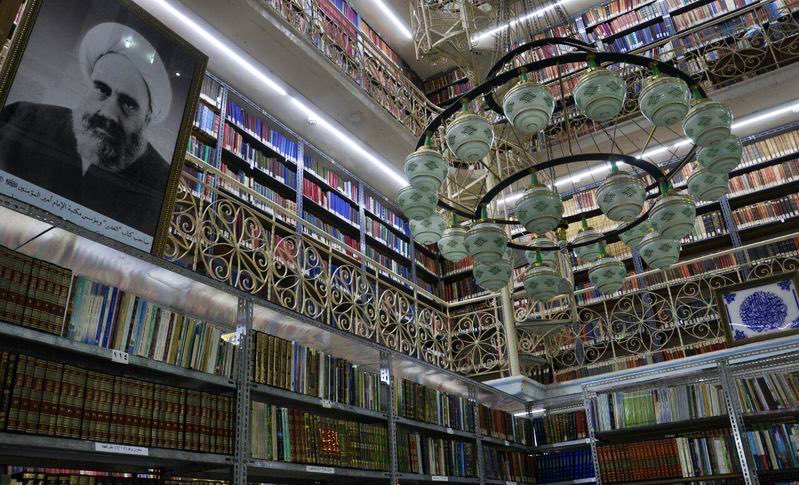
In a mere whimper, one of the world’s most notorious tyrants and oldest dictators just died. Here’s a snapshot of his life of crime and savagery.. [Thread] 

Khalifa bin Salman Al Khalifa (KBS) was the longest running Prime Minister in the world. Along with his brother (and now his nephew) he ruled Bahrain with an iron fist for 50 years! In classic mafia tradition, he amassed a massive fortune, partly by extorting all capital ventures
He was infamously dubbed “Khalifa 50/50” as he demanded an equal share in major investments and government contracts, which allowed him to build his business empire that spanned multiple countries, including Thailand - his “second home”.
Extorting the largely impoverished people of the island nation was only the tip of this hideous iceberg. He was notorious for persecuting dissenting voices, in particular, the country’s Shi’a population, who despite comprising the majority, were treated as second class citizens.
He was also one of the chief engineers of the ‘sectarian cleansing’ campaign of Bahrain, a top secret project aimed at upending the demographic composition of the nation to ensure the Shi’a were no longer the majority.
By granting instant citizenship en masse to tens of thousands of foreigners, the project was intended to upend the ethnic and religious balance of the country, where the Shi’a comprised over %80 of the population for centuries.
But KBS’s worst crimes were overseeing the country’s vicious onslaught against the people (mostly Shi’a, but also Sunnis) who demanded their basic rights in his family’s totalitarian dictatorship.
In a country with a population of about one million, hundreds have been killed and thousands imprisoned for political dissent. The regime used the sectarian card to brutally crackdown on Shi’a activists and has widely documented cases of unspeakable torture for many decades.
There are countless people living under poverty in Bahrain, and thousands, including religious scholars and human rights campaigners behind bars, where insults to Shi’a beliefs and figures are part of the torment endured in the country’s notorious incarcerations.
Similar to Saddam era crackdowns, even Shi’a religious symbols like flags that honor Imam Hussein or somber processions are banned. Such religious symbols are publicly torn down and those that display them are persecuted by the infamously sectarian security apparatus.
KBS justified his murderous campaign to his Western backers by accusing the Shi’a of being proxies of Iran. This despite the fact that Shias in Bahrain (and their plights) predate modern Iran, and their pleas were rooted in legitimate grievances rather than transnational politics
Our scholars insist that the world’s Shi’a community has two responsibilities here:
1. Not take our faith for granted and use the freedom to express our religious identity and engage in our rites & rituals with pride, as those in Bahrain are deprived of this honor.
1. Not take our faith for granted and use the freedom to express our religious identity and engage in our rites & rituals with pride, as those in Bahrain are deprived of this honor.
2. To stand in solidarity with our brothers & sisters in Bahrain (and neighboring Saudi Arabia) and sympathize with their pain and oppression. Imam Ali says helping those in despair and relieving their pain “is compensation for the greatest sins..” — Nahjul Balagha, maxim #24
• • •
Missing some Tweet in this thread? You can try to
force a refresh

















